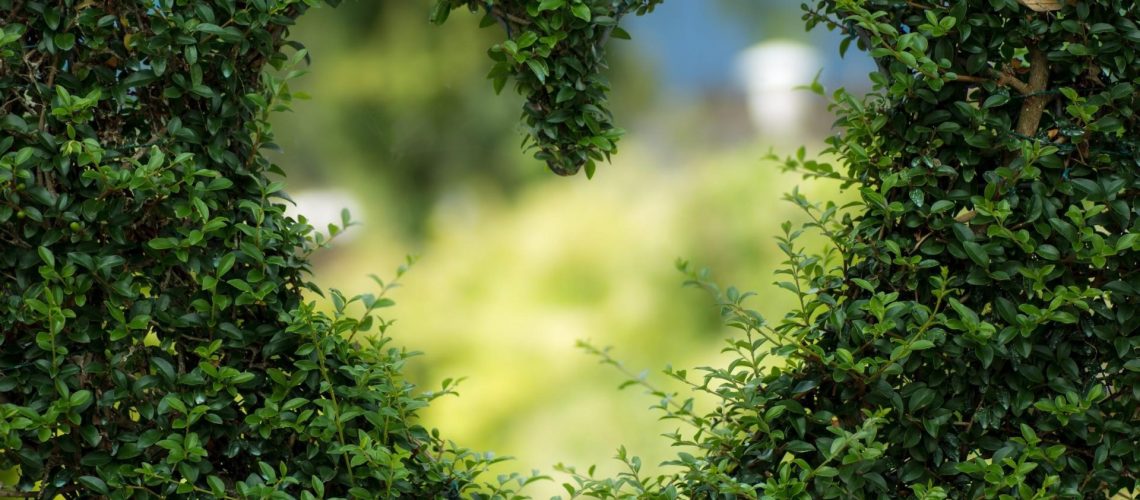We all benefit from spending a little quality time in the garden. The access to fresh air, trees and plants, combined with the pleasure of watching our plants grow. It combines for a wonderful reprieve from our world of stress, fluorescent lights, caffeine and screens. As we get older, however, gardening activities can play a huge part in keeping our minds agile and improving our general wellbeing.
Whatever your age and state of health, whatever your mobility and range of motion, therapeutic gardening for seniors can help to keep your mind active and healthy, while also giving you a daily dose of physical activity. Here we’ll look at how gardening helps all kinds of seniors to find good health, healing, hope and happiness.
Gardening health benefits for seniors
Spending time in the garden watching living things grow can benefit seniors in a number of ways. The physical, emotional and mental health benefits of gardening for seniors have been well documented.
It’s an unfortunate truth that many seniors live very sedentary lives, spending most of their time indoors. As a result, many may feel isolated and become increasingly withdrawn. Not only are there many social benefits of gardening for elderly people, it can also benefit our physical health.
It gives us a reason to get outside, and get a dealing dose of Vitamin D from the sun. This can help to improve bone health and immune function. Two things that are of particular concern for seniors.
Furthermore, gardening is a great way to get some low-impact exercise and burn calories without placing too much strain on our bones, joints and muscles. Not only can this keep us trim, it also keeps the immune system functioning effectively and floods the brain with mood-boosting chemicals like dopamine, endorphins and serotonin. As such, gardening can be a valuable tool to help keep the blues that can be so tragically common in our later years at bay.
Furthermore, if you’re lucky enough to be able to grow fresh fruits and veggies, this can help to ensure that you’re getting a richly nutritious diet, as well as a sensational taste that you just don’t get from store-bought produce.
Get peace of mind and soul
The world can seem less welcoming to us as we get older. In fact, it can seem as though the world is in a bigger hurry than ever. Nothing seems to be fast or efficient enough and none of us seem to have the time for one another that we used to. The great thing about gardening for seniors is that it allows us to slow down the pace of living and return to the embrace of nature.
Gardening is a very meditative and gentle activity, lowering stress (and blood pressure) and helping us to feel more at peace in mind, body and soul. We can’t help but feel happier, more at peace and more attuned with the world around us when we’re surrounded by beautiful living things.
Health remedies for dementia
Spending time in the garden can be especially helpful for seniors with dementia. The garden is a vibrant, multisensory space with so much to see, hear, taste and smell. The sensory awareness, problem-solving skills and dexterity that we employ when gardening can all help to keep the mind and body engaged. Studies indicate that this combination of cognitive and physical engagement can help to keep Alzheimer’s and other forms of dementia at bay. As well as the health benefits of gardening for seniors, the peaceful and aesthetically pleasing environment can be extremely therapeutic for those experiencing the confusion, frustration and tension that are often associated with dementia.
Tips for safe gardening
The great thing about gardening is that it’s for everybody. No matter what your state of health or mobility, you and those you love can have a great time in the garden. Adaptive gardening for seniors, however, can make gardening safer and more comfortable if mobility has become an issue.
Here are some tips for safe gardening for seniors;
- Use lightweight tools and buckets to reduce the physical intensity of gardening.
- Use raised flower beds and potted plants to reduce back strain and dizziness.
- Make sure you have somewhere to sit and relax within easy reach
- Protect yourself from the sun. be sure to wear plenty of sunscreen to protect your skin and carry a water bottle to guard against dehydration.
In conclusion
Seniors who tend to their gardens are often happier and healthier. With a little care and foresight, seniors can enjoy a fantastic range of benefits for their health and wellbeing. It can help them to feel more engaged with the world around them and potentially counteract many of the health risks that can afflict us in our senior years.

